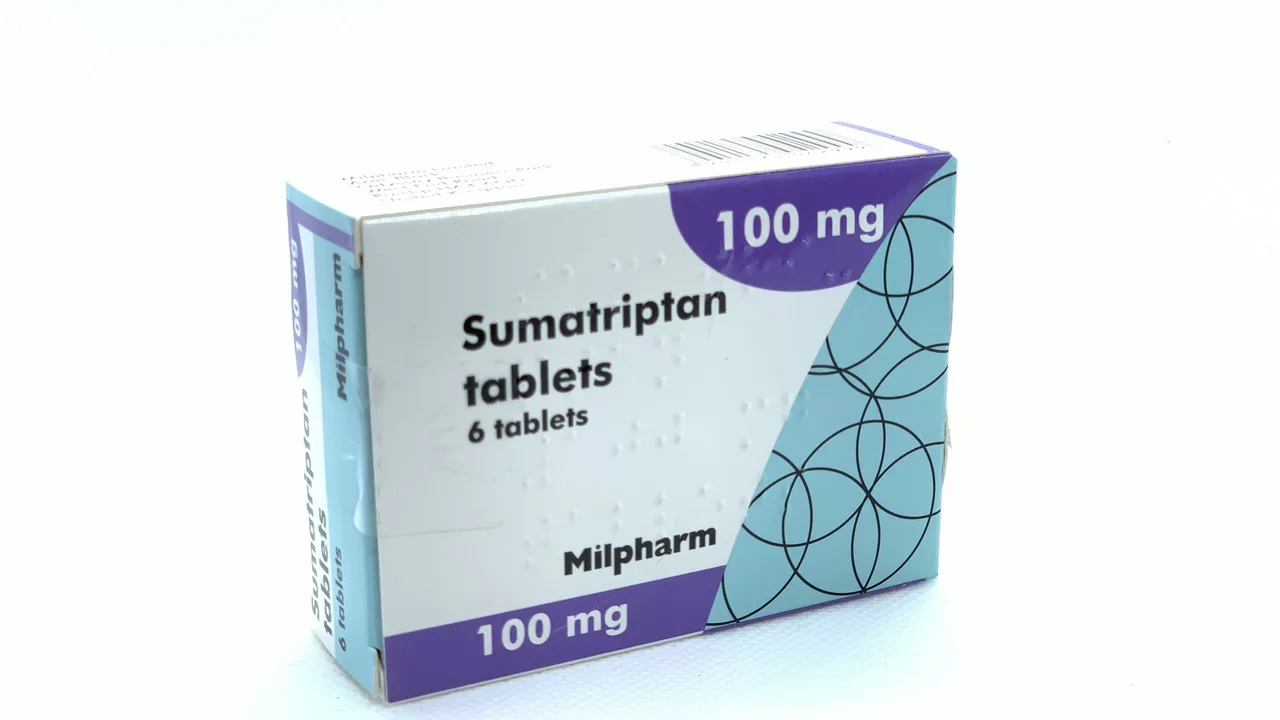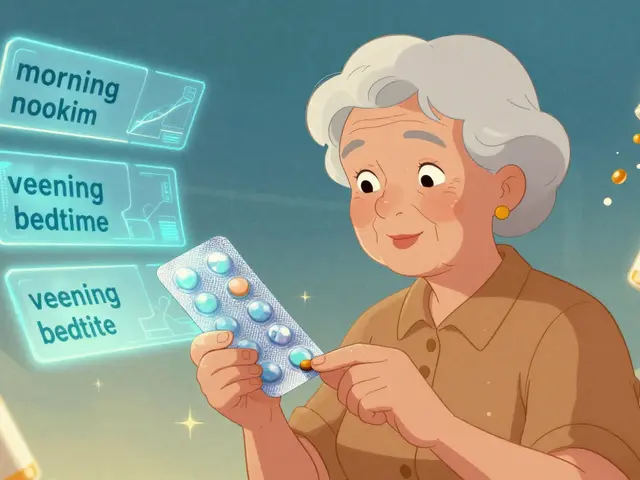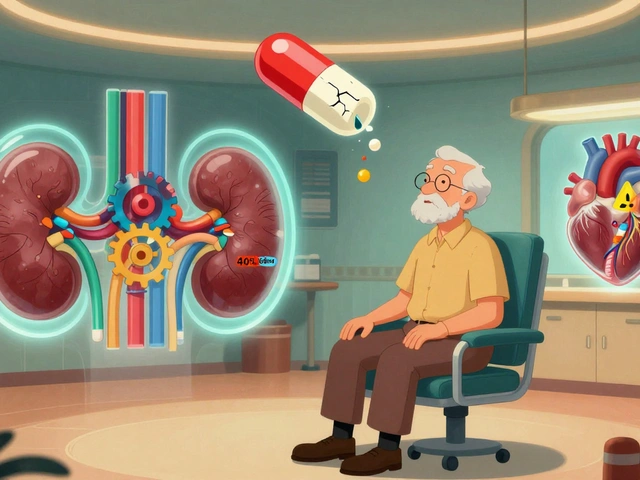Effectiveness: How to Judge Medicines, Supplements and Treatments
Effectiveness isn't the same as popularity. A drug or supplement can be widely used but still not work for you. This page gives simple, practical steps to tell whether a medicine, therapy, or supplement is doing its job — without getting stuck on jargon.
What effectiveness really means
Think of effectiveness as the match between the problem you want fixed and the actual result. For pain meds that means fewer pain days. For antidepressants like Zoloft it usually means clearer mood and better sleep over weeks. For anticonvulsants such as Depakote or Trileptal it means fewer or milder seizures. For antibiotics like Ceftin, it means infection signs easing within expected timeframes. Also consider side effects: a treatment that helps but leaves you worse in other ways may not be an effective option for you.
Practical ways to measure effectiveness
Start by setting one or two clear goals before you begin a treatment. Example goals: reduce headache days from five to two per week, cut blood pressure by a target number set with your doctor, or drop PHQ-9 score by a set amount for depression. Use a simple diary or an app to track symptoms, dosage, and side effects. Record when you took the first dose and when you noticed change — many drugs have a known timeline (some work in days, others need weeks).
Use objective checks when possible. Lab tests, blood levels, or blood pressure readings give solid evidence. For mood and pain, short questionnaires (like PHQ-9 for depression or a numeric pain scale) make comparisons easier week to week. If you try an alternative—say a different diuretic instead of Lasix—compare the same measures over the same time span.
Watch for red flags. No improvement by the expected time, worsening symptoms, or new serious side effects are reasons to pause and talk to your clinician. Also be cautious with online pharmacies: pick licensed, verified sources and keep receipts in case of counterfeit or dosing errors.
When effectiveness is unclear, consider a trial period with a clear stop date. Your doctor can help design a short-term trial that includes how you’ll measure success and when to stop if it’s not working. That approach helps avoid long-term use of ineffective drugs or unnecessary side effects.
Finally, ask specific questions: What should I expect in the first week? When should this be working fully? Which signs mean it’s not working? What are the common side effects and how long do they last? Those questions get you practical answers, not vague reassurance.
Want examples and drug-specific details? Check the articles tagged "effectiveness" on RXMedicin for real-world guides on Zoloft, Depakote, antibiotics, diuretic alternatives, and safe online buying tips. If something feels off, contact your healthcare provider right away.
 26 June 2023
26 June 2023
How to Store Sumatriptan: Tips for Keeping Your Medication Safe and Effective
Storing Sumatriptan properly is crucial for maintaining its effectiveness in treating migraines. To ensure its safety, always keep it in its original packaging and store it at room temperature, away from heat and moisture. It's also important to keep Sumatriptan out of reach of children and pets. Remember to check the expiration date regularly and dispose of any expired medication properly. By following these simple tips, we can make sure our Sumatriptan remains safe and effective when we need it most.
Latest Posts
-

Calcium Carbonate vs Alternatives: Which Calcium Supplement Wins?
-

Sensitive Skin Care: Fragrance-Free Routines and How to Test Products Safely
-

How to Use Blister Packs and Pill Organizers to Prevent Medication Mistakes
-

Medication Dosage Adjustments for Aging Bodies and Organs
-

Bloating after a meal: the importance of a balanced gut microbiome

19